
$145 for ACRC Members (one attendee)
$850 for ACRC Member ‘All In Staff Rate’ – This allows for all staff, volunteers, board members, foster parents, and others in your organization to register at no additional cost. We will provide a code for your staff to register once the All-In has been purchased.
$1,500 ACRC Member Global Influencer (All in Registration AND Sponsorship) – Global Influencer is a unique opportunity to support the attendance of programs from developing counties, global influences will be displayed on the landing page and in the virtual platform with the opportunity to link to the website of their choosing. This also includes the ‘All In’ registration for your organization.
$185 for Non-Members (one attendee)
$1,250 for Non-Member ‘All In Staff Rate’ – This allows for all staff, volunteers, board members, foster parents, and others in your organization to register at no additional cost, we will provide a code for your staff to register once the All-In has been purchased.
$2,100 Non-Member Global Influencer (All in Registration AND Sponsorship) – Global Influencer is a unique opportunity to support the attendance of programs from developing counties, global influences will be displayed on the landing page and in the virtual platform with the opportunity to link to the website of their choosing. This also includes the ‘All In’ registration for your organization.
SUPPORT THE ATTENDANCE OF YOUTH & FAMILY WITH LIVED EXPEREINCE
$250 – can be added on to your main registration fee during registration
$500 – can be added on to your main registration fee during registration
$5,000 – Global Champion – Our Global Champions will be highlighted (and applauded) for supporting the work of direct care professionals around the world. These sponsors will work with ACRC to develop a welcome video for all attendees.
Every donation, no matter the size, makes a difference – choose your amount HERE
*All Sponsors will be displayed on the landing page and in the virtual platform*
Continuing Education Certificates are available for all presentations except the critical conversations. To receive any certificate all presentations must be viewed LIVE.
-NASW Certificates – Attendees can earn up to 6 NASW CE credits by attending the below LIVE presentations.
- Keynote – Fostering Relational Safety in an Unsafe World: Hope, Belonging, and the Power of Connection
- Workshop Session A – Supporting Neurodiversity with Staff: Building Inclusive and Resilient Care Teams
- Keynote – Six Core What? Making the Core Strategies Real…
- Keynote – A Relational Approach to Caring for Young People Impacted by Sexual Exploitation
- Workshop Session B – Building Self-Awareness
- Keynote – The Disenfranchisement of Dads
-Attendance certificates will be available by attending the LIVE Keynotes & Workshops.
THANK YOU TO OUR SPONSORS!
AGENDA
All TIMES ARE IN Wisconsin/CST
 November 5, 2025 07:30 am
November 5, 2025 07:30 amOpening Keynote – Global Perspectives in Therapeutic Residential Care


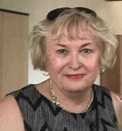


 November 5, 2025 08:30 am
November 5, 2025 08:30 amBreak
 November 5, 2025 09:00 am
November 5, 2025 09:00 amKeynote – Fostering Relational Safety in an Unsafe World: Hope, Belonging, and the Power of Connection
In a world increasingly marked by instability, divisive politics and climate harm, children are absorbing the emotional weight of uncertainty. This keynote explores how relational safety can serve as a stabilising force amidst chaos, offering young people a sense of rootedness, connection and hope.
Drawing on trauma-informed principles, Lisa’s research on belonging for those with care experience and practice, we’ll examine how professionals in child and family services can intentionally cultivate environments of trust and belonging.
Through exploring belonging, mattering and liminality, attendees of this keynote will be invited to consider:
• How do we recognise and respond to the relational needs of children living in chronic uncertainty?
• What does it mean to model hope?
• How can we embed relational safety into our language, systems and daily interactions to accelerate optimism and agency?
This session is both a call to action and a space for renewal for those who hold hope on behalf of others.

 November 5, 2025 10:00 am
November 5, 2025 10:00 amVirtual Movement and Mindfulness Break
Many organizations employ recreation therapists to ensure leisure, mindfulness, and movement are all part of the healing journey for young people and families. The activities also have practical applications for staff! Join us for an engaging 10-minute break (don’t worry, cameras off) to help reset and improve your focus, mindset, and cognitive well-being to make the most of learning throughout the day!

Jessica Linick, Co-Clinical Director – The Lionheart Foundation, Massachusetts
 November 5, 2025 10:30 am
November 5, 2025 10:30 am
WORKSHOP SESSION A
Workshop Session A has 4 options to choose from. Choose 1 to watch LIVE and view the recordings of the others at a later time. All recordings will be available for the next 30 days.
Workshop Session A – Substance Use and Mental Health: How it Affects the Entire Family

Workshop Session A – Supporting Neurodiversity with Staff: Building Inclusive and Resilient Care Teams
This 60-minute interactive workshop will equip leaders and supervisors to better support neurodiverse staff within direct care environments. Through guided discussion and the sharing of practical strategies, participants will explore the strengths and challenges neurodiverse individuals may experience at work, and learn how to foster belonging, psychological safety, and resilience on their teams. The session will include real-world examples, tools for inclusive supervision, and time for Q&A to help participants apply new insights to their own settings.



Workshop Session A – Honoring the Impact: Strengthening Residential Support Workers through Cultural Humility and Self-Reflective Training
Residential Support Workers (RSWs) are essential in residential treatment, ensuring clients’ safety and well-being. Despite their importance, they often face inadequate training, limited recognition, and systemic neglect, leading to burnout, vicarious trauma, and high turnover. Nearly half of healthcare workers report burnout (CDC, 2024), with emotional exhaustion increasing risks of client re-traumatization and recidivism. A trauma-responsive approach emphasizing skill development, self-awareness, and professional respect can address these challenges. Through education, reflection, and experiential learning, RSWs build capacity for trauma-responsive, antiracist, whole-person care while redefining their value within historically inequitable systems.

Workshop Session A – Compassion Culture: It’s a Vibe!


 November 5, 2025 11:30 am
November 5, 2025 11:30 amBreak
 November 5, 2025 12:00 pm
November 5, 2025 12:00 pmCRITICAL CONVERSATIONS
Critical Conversation – Technology’s Role in Direct Care: Identifying Tools that Support and Enhance Relational Care
Leveraging technology can accelerate your efforts to help staff feel supported, connected, and effective at work. What innovative tech tools are you using to enhance relational care?

Jessica Linick – The Lionheart Foundation, Massachusetts
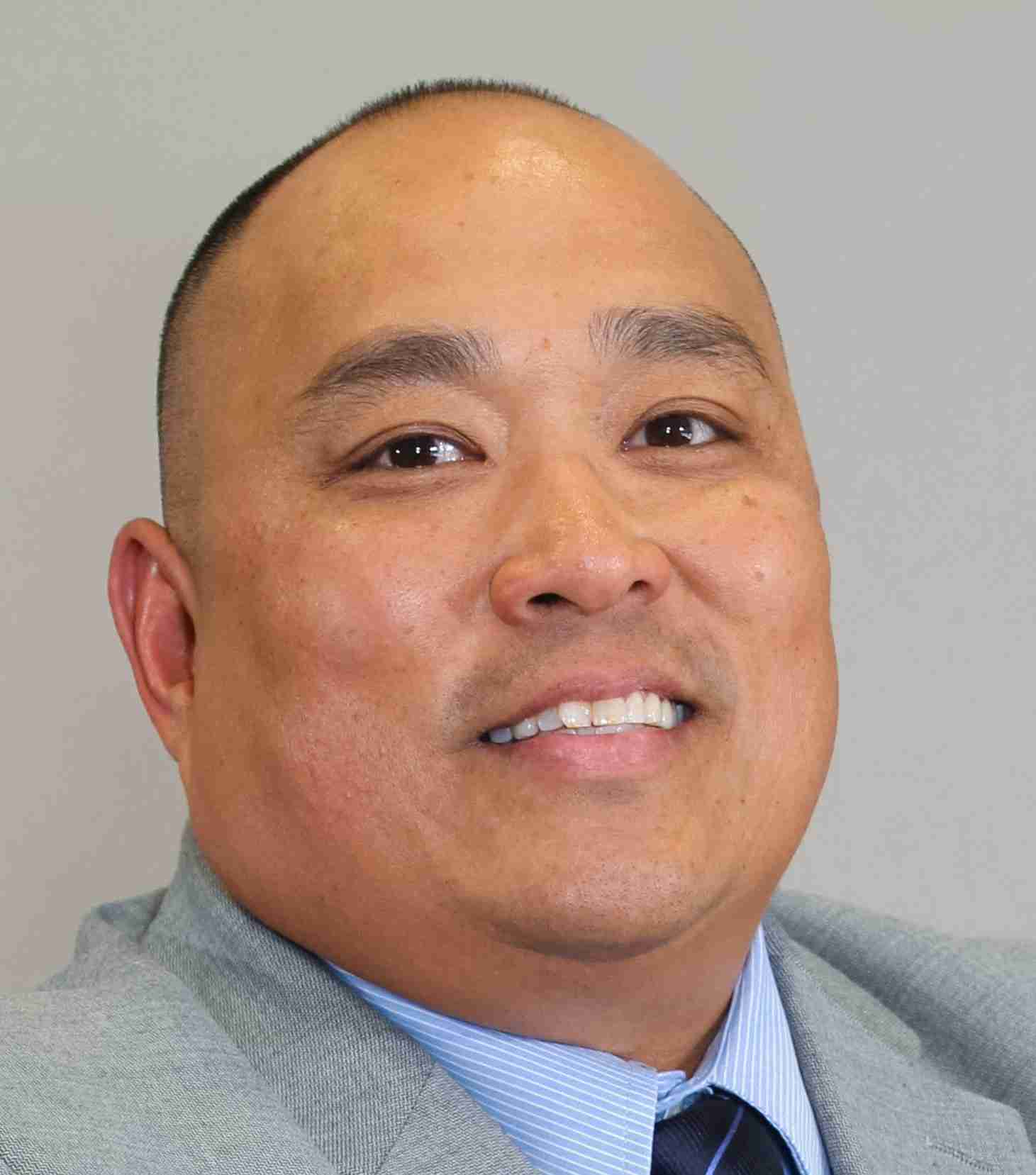
Dennis Maneja – St. Augustine Youth Services, Florida
Critical Conversation – From Leadership to Direct Care Professionals: Strengthening Organizational Culture for Greatest Impact
As organizations grow, maintaining a connection between leadership and front-line staff remains critical. How does your organization support the communication pathways across your org?
Ra Shone Franklin – Nexus Family Healing, Minnesota
Critical Conversation – Social Media Strategies: Can we Build and Model Healthy use for Young Adults?
Social Media: Can we build and model healthy use for youth and young adults?
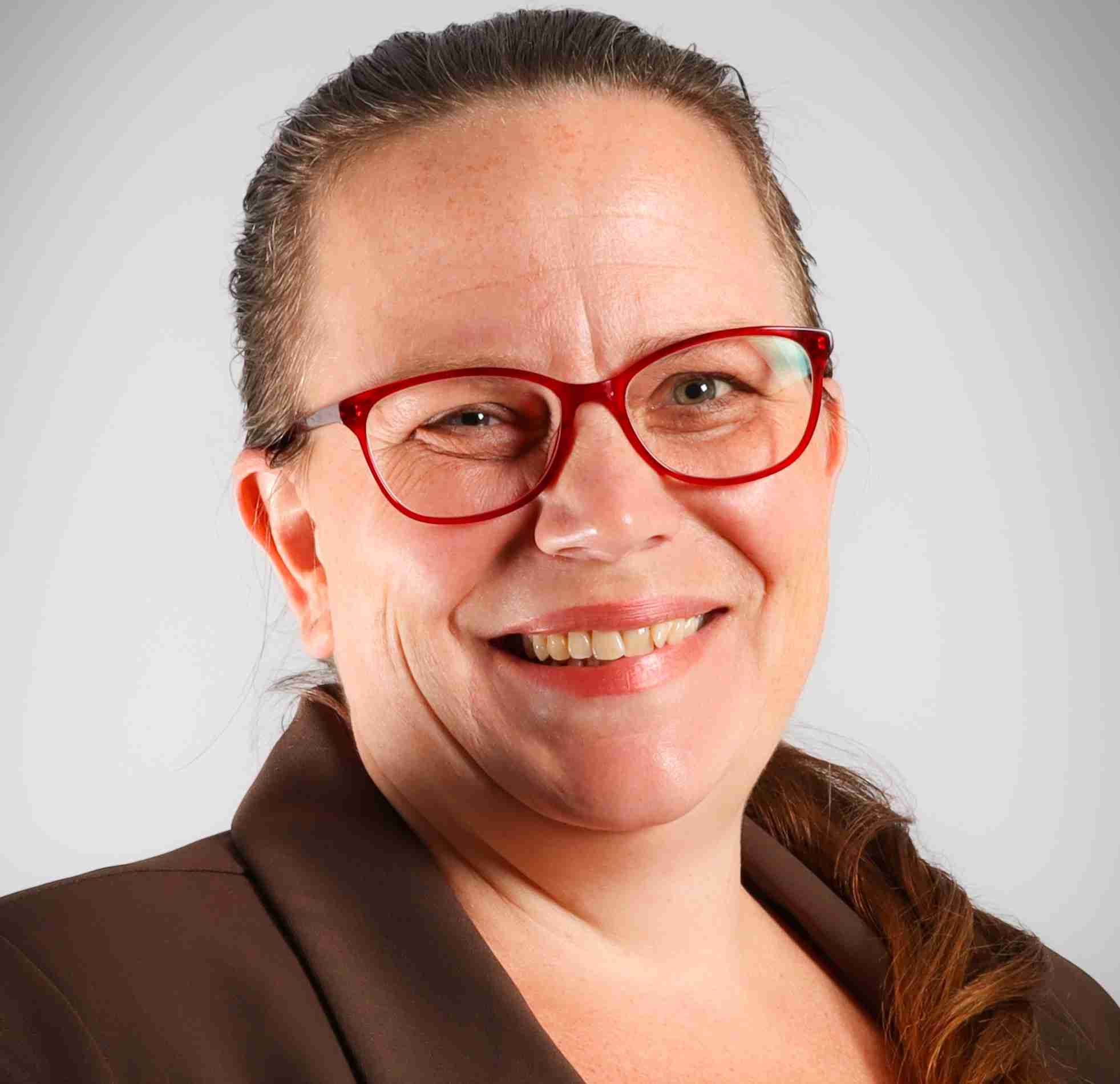
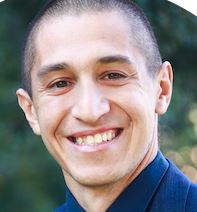
Critical Conversation – Refraining from Restraining: Replacing Coercive Interventions with Trauma Informed Practices
Let’s continue to create cultures of care through ongoing conversations around replacing coercive strategies with trauma responsive interventions.

David Paxton- The Village Network, Ohio
 November 5, 2025 01:00 pm
November 5, 2025 01:00 pm
Break
 November 5, 2025 01:30 pm
November 5, 2025 01:30 pmKeynote – Six Core What? Making the Core Strategies Real…
This presentation will include an overview of the Six Core Strategies which is an evidenced-based practice to prevent and reduce the use restraint/seclusion and coercive practices. Each Core Strategy will be described, translated into day-to-day practice, and discussed thru the experience of youth, families, and staff. Effective interventions to replace coercive interventions will be reviewed. A highlight of the presentation will be the first-hand experience of a program leader, family leader, and youth-expert(s) in applying the Six Core Strategies to their service with recommendations on how to accelerate implementation of this important culture and practice change work.



 November 5, 2025 02:30 pm
November 5, 2025 02:30 pmBreak
 November 5, 2025 03:00 pm
November 5, 2025 03:00 pmKeynote – A Relational Approach to Caring for Young People Impacted by Sexual Exploitation
This session explores the use of a clinical approach and concepts supporting young people who have been impacted by sexual exploitation. The approach explores the physical, relational and spiritual elements of wellbeing. Relational elements will be emphasized with accentuation on low control and high support. The session will highlight how mutuality in relationship produces a warm and inviting social environment, enhances learning, safety, and positive therapeutic outcomes.

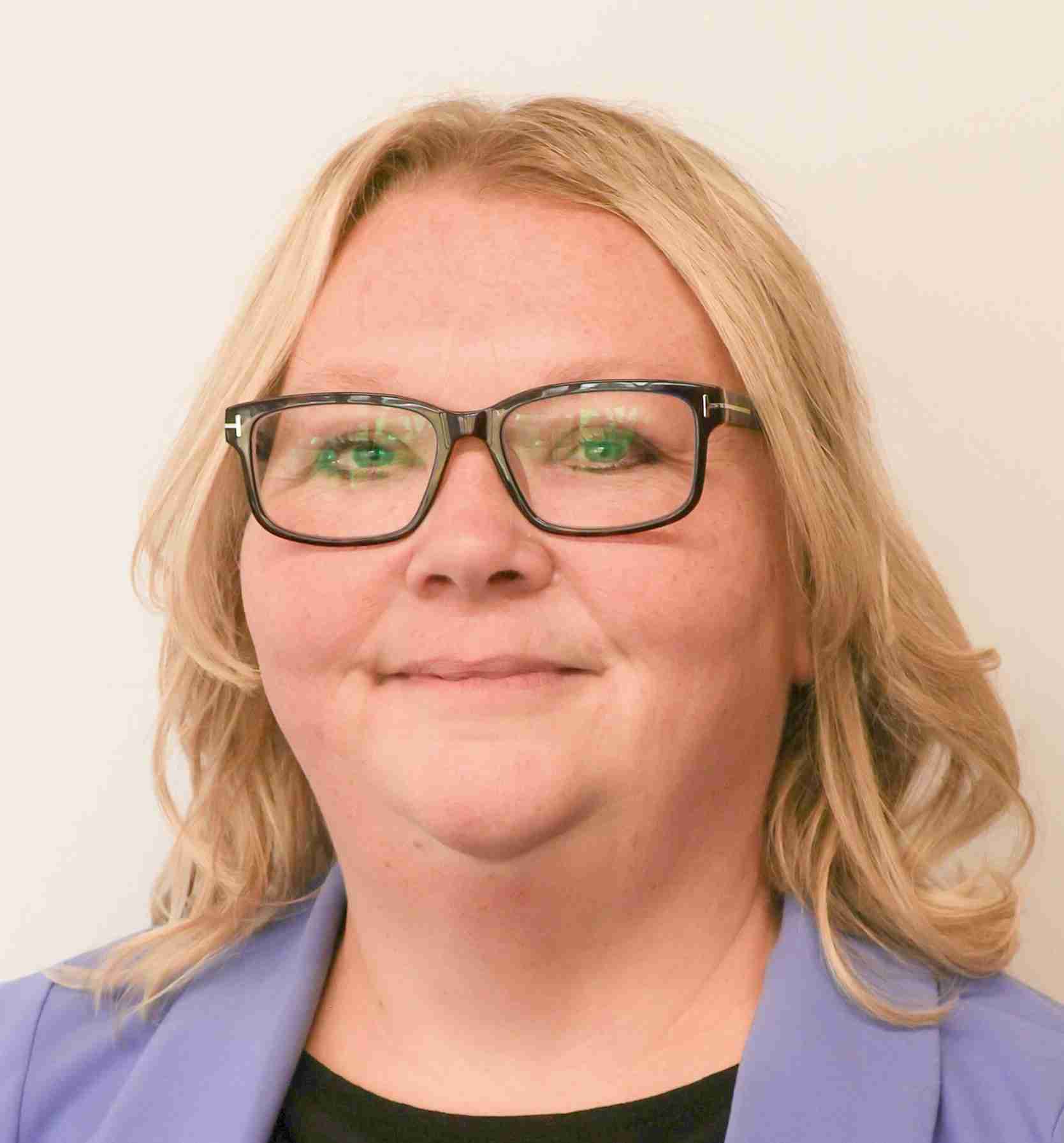
 November 5, 2025 04:00 pm
November 5, 2025 04:00 pmBreak
 November 5, 2025 04:30 pm
November 5, 2025 04:30 pmKeynote – Caring for our Caregivers: Peer Support for the Pediatric RTC Workforce

 November 5, 2025 05:30 pm
November 5, 2025 05:30 pmBreak
 November 5, 2025 06:00 pm
November 5, 2025 06:00 pmWORKSHOP SESSION B



Workshop Session B – Building Self-Awareness
1 NASW CE Available for this Workshop – Must Watch LIVE
Self-awareness can be thought of as the “will and skill to see ourselves clearly.” In this training, participants will learn the two sides to self-awareness and why it matters in the workplace. Participants will learn about three strategies to build self-awareness with a chance to practice in small groups.
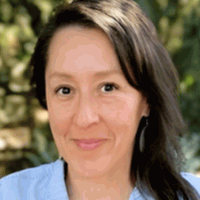

Workshop Session B – Supporting Youth with Acute Complex Needs in a Community Setting
All over the world, communities are struggling with how to best serve the small percentage of young people presenting with the most complex, significant mental health concerns and diagnoses. Closer to Home Community Services has partnered with Recovery Alberta and provincial Child and Family Services to safely move children out of locked hospitals and into community settings. With a focus on the top less than 1% of youth accessing psychiatric supports, we will review youth profiles, delve into individualized treatment approaches, and share practical strategies, including facility planning, staff ratios, and aligned training, that you can generalize to your own agencies.
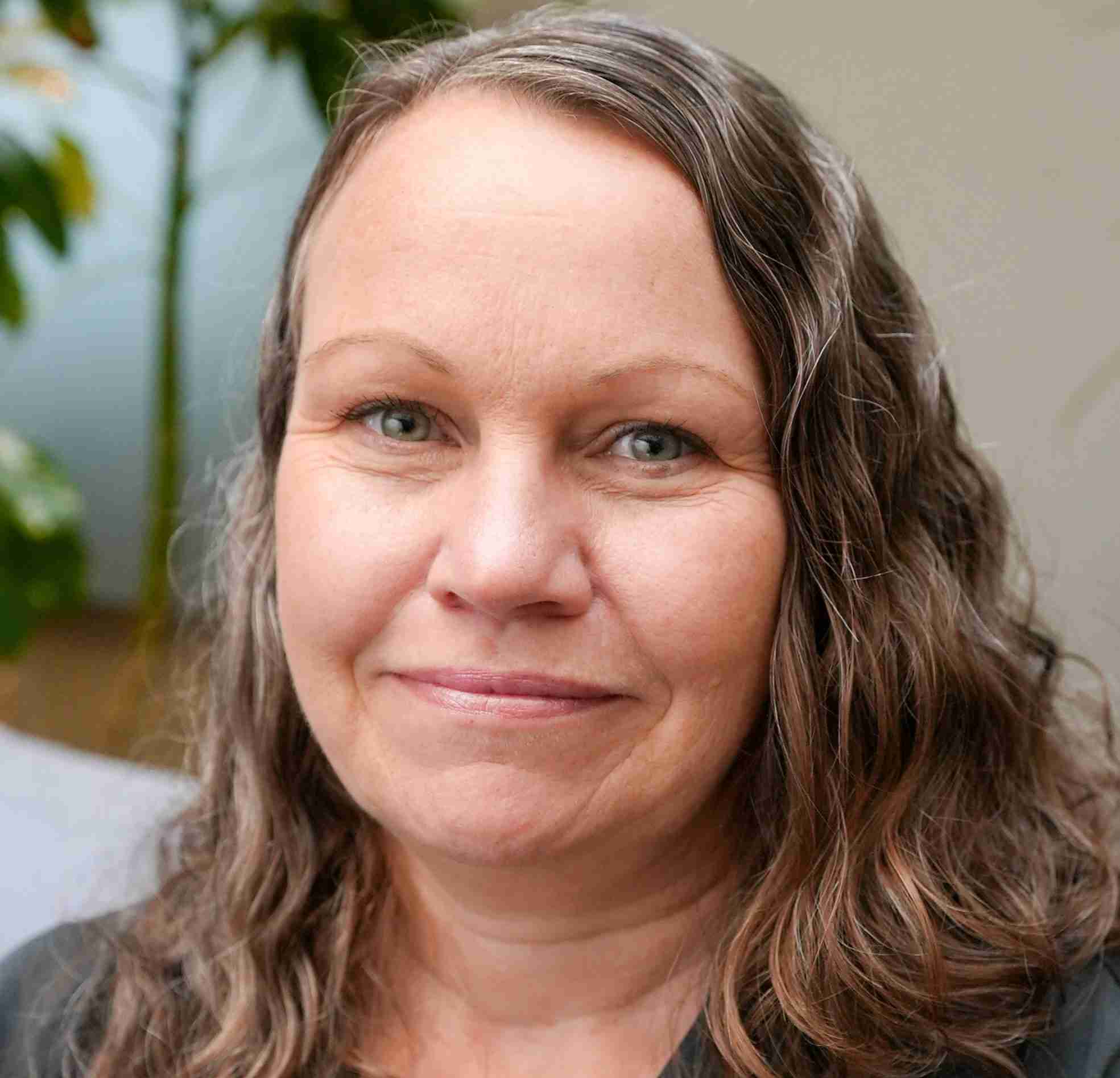


 November 5, 2025 07:00 pm
November 5, 2025 07:00 pmBreak
 November 5, 2025 07:30 pm
November 5, 2025 07:30 pmKeynote – The Disenfranchisement of Dads
This presentation explores the overlooked and often minimized role of fathers and positive male figures in the lives of children and youth, particularly those in foster care and out-of-home placements. Too often, systems unintentionally exclude or sideline dads through bias, policy, or practice—leaving young people without crucial connections that support their stability, identity, and long-term success. Drawing on research, real-world examples, and outcome data, we will examine how the absence of paternal involvement impacts youth, from educational attainment to emotional resilience. Participants will also gain practical strategies for recognizing and reducing systemic barriers, engaging fathers as partners, and broadening the definition of family support to include male mentors and role models. By reframing how we view and value dads, this session aims to inspire professionals to create more inclusive practices that strengthen family connections, promote equity, and improve outcomes for youth.
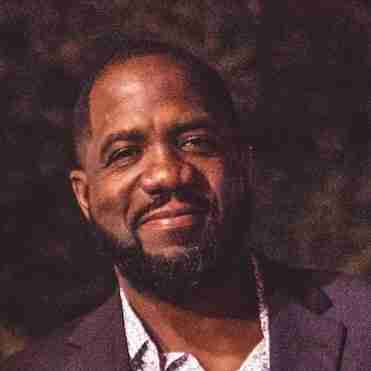
 November 5, 2025 08:30 pm
November 5, 2025 08:30 pmBreak
 November 5, 2025 09:00 pm
November 5, 2025 09:00 pmClosing Keynote – Reimagining Child Protection: The Rise of Lived Experience Support Workers in Australian NGO Services
A growing movement in Australia is reshaping child protection by integrating lived experience workers—parents, carers, and individuals who’ve navigated the system—into child and family services. Their empathy and credibility challenge traditional power imbalances, fostering safety, dignity, and trust in systems often marked by fear and disconnection. This presentation explores how organisations embed these roles through co-design, trauma-informed practice, and peer support while addressing challenges like boundaries and role clarity. Centring lived experience offers a compassionate, family-driven approach that transforms services and strengthens engagement, belonging, and hope for lasting systemic change.






 November 5, 2025 10:30 pm
November 5, 2025 10:30 pm